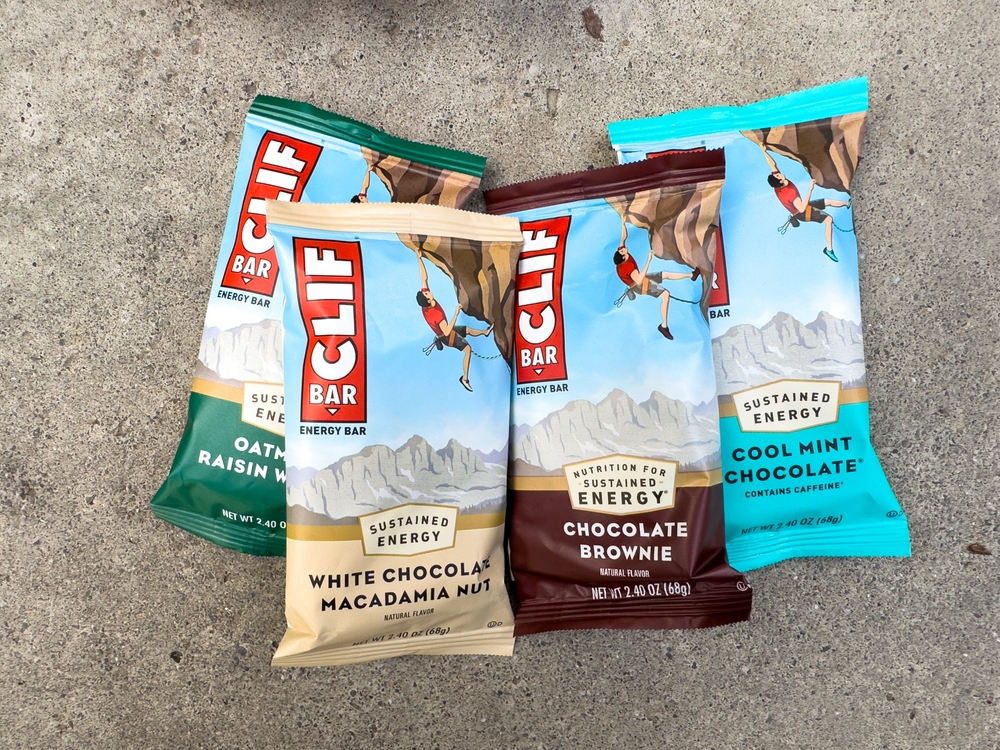Tubeless Sealant: A Comprehensive Guide
Tubeless Sealant: A Comprehensive Guide
Bike enthusiasts often seek ways to improve their ride. Tubeless sealant can be a significant upgrade. This handy guide will take you through its essentials.
What is Tubeless Sealant?
Tubeless sealant is a liquid designed to prevent flat tires in tubeless setups. It works by sealing punctures, so you can keep riding without the constant fear of flats.
Components of Tubeless Sealant
Tubeless sealant typically includes latex, binders, and particulate matter. Latex is responsible for sealing punctures. Binders help the latex stick to the tire. Particulate matter aids in clogging larger holes.
How It Works
As you ride, centrifugal force spreads the sealant across the inside of your tire. When a puncture occurs, the escaping air forces the sealant into the hole. The latex then coagulates and seals the puncture.
Benefits of Using Tubeless Sealant
- Reduces Flats: Automatically seals small punctures.
- Improves Ride Quality: Allows lower tire pressure for better traction.
- Weight Savings: Eliminates the need for inner tubes.
Types of Tubeless Sealant
Standard Latex-Based Sealant
This is the most common type. It’s well-suited for most riding conditions and punctures. Brands like Stan’s NoTubes and Orange Seal are popular options.
Fiber-Based Sealant
Some sealants include fiber particles. These can seal larger holes and are useful in rocky terrains. They are often thicker and can be more effective in severe conditions.
Water-Based Sealant
Water-based options are less common but offer easier cleanup. They are environmentally friendly. However, they may not perform as well as latex-based sealants.
Application Process
Initial Setup
- Remove the valve core from your tubeless valve.
- Shake the bottle to mix the sealant well.
- Pour the recommended amount of sealant through the valve.
- Reinstall the valve core and inflate the tire.
Replenishing Sealant
- Check for dried-up sealant every few months.
- Add fresh sealant as needed, following the same steps.
Caring for Your Tires
Keep an eye on tire pressure. Low pressure leads to bead separation, causing sealant leaks. Regularly inspect tires for wear and tear. Replace old tires to ensure sealant works effectively.
Choosing the Right Sealant
Consider your riding conditions. For regular trails, a standard latex-based sealant will suffice. On rocky terrains, opt for a fiber-based variant. If you prefer eco-friendly options, water-based sealants are ideal.
Popular Brands and Their Offerings
Stan’s NoTubes
Stan’s is a pioneer in the tubeless sealant market. They offer reliable latex-based sealants. Known for sealing punctures up to 1/4 inch in size.
Orange Seal
Orange Seal provides various options, including regular, endurance, and sub-zero. Known for sealing larger punctures and working in extreme temperatures.
Slime Pro
Slime Pro focuses on eco-friendly, water-based solutions. They offer decent performance with easy cleanup.
Disposal and Environmental Impact
Latex-based sealants are not biodegradable. Proper disposal is crucial. Some companies offer recycling programs. Water-based sealants are less harmful but still require responsible disposal.
Common Issues and Troubleshooting
Dried-Up Sealant
If the sealant has dried, replenish it. Regular checks help avoid this problem.
Bead Separation
Low tire pressure can cause the bead to separate, leading to leaks. Maintain recommended pressure levels.
FAQs
How often should I replace the sealant?
Every 3-6 months, depending on riding conditions and the sealant used.
Can I use tubeless sealant with inner tubes?
Yes, some sealants are compatible with inner tubes. Check the product specifications.
Is tubeless setup heavier than traditional tires?
Generally, it’s lighter due to the absence of inner tubes.
Feel free to explore the benefits of tubeless sealant. It adds convenience and durability to your biking experience. Understanding its use and maintenance helps you make informed choices for a smoother ride.
“`






